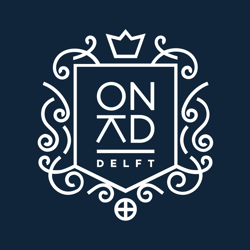1577 – ✝1629
Piet Hein
'Piet Hein, his name is small, his deeds are great, his deeds are great, he has won the Silver Fleet ...' The triumphant lyrics of the famous song about Piet Hein. In 1628, he hijacked a very valuable sea transport from the Spanish ruler, making him one of Holland's most famous naval heroes.
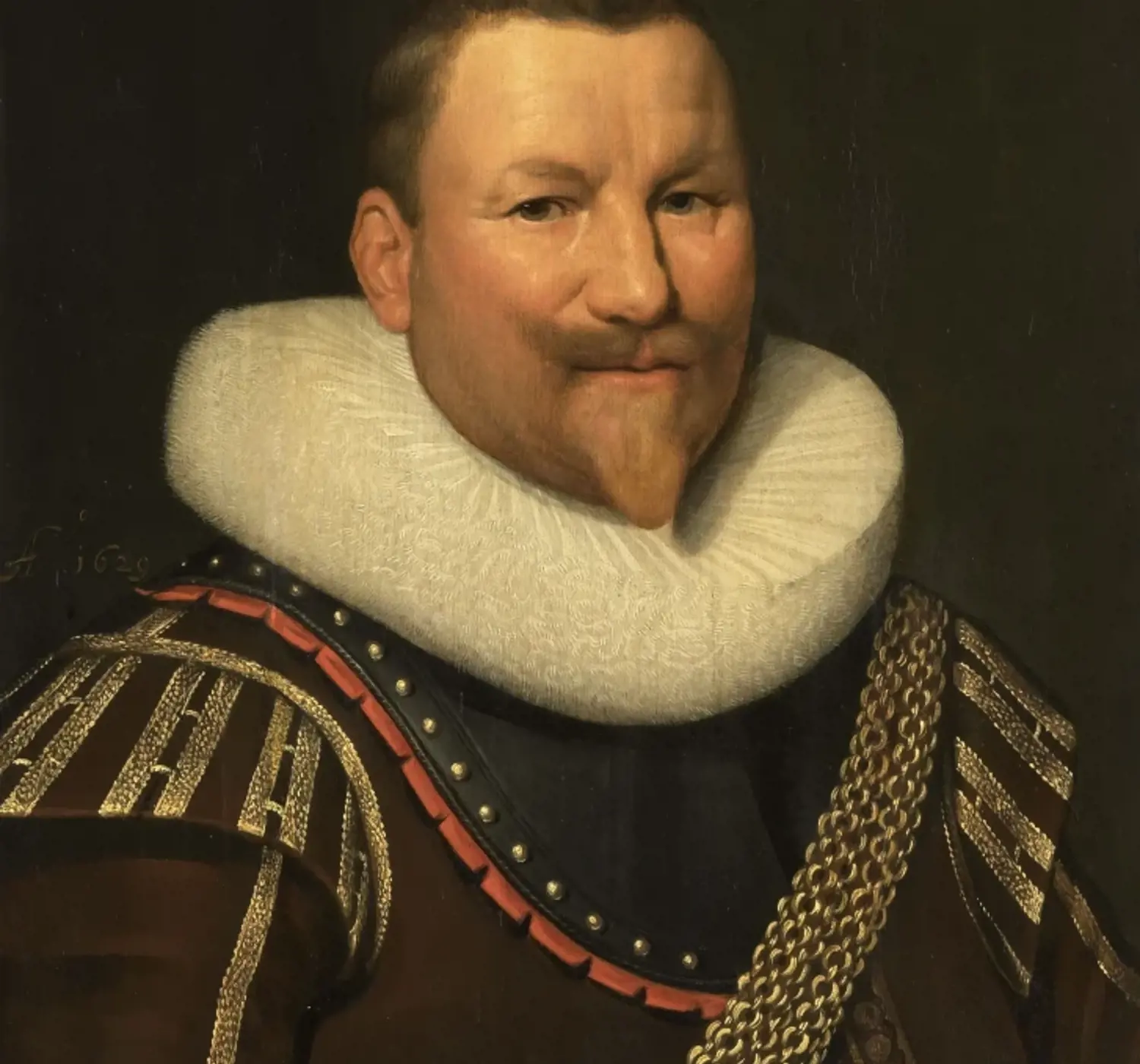
Twelve million
Piet Pieterszoon Heyn was a born seafarer. On behalf of the West India Company (WIC), he won several victories, including against the Spanish. His most famous act was the hijacking of the silver fleet in the Bay of Matanzas near Cuba. After a relatively easy victory, Piet Hein and his crew captured a cargo worth around 12 million guilders in September 1628. It is estimated that today this would range from a hundred million to a hundred billion Euros. In any case, it could finance the war against Spain for an entire year.
No recognition
Piet Hein himself was not very impressed. While people in Leiden chanted his name, he complained to the mayor that "the people are now furious, because I bring home such a great treasure, for which I have done little", while he never received recognition after "much greater deeds".
Death
Piet Hein's heroics came to an abrupt end on 17 June 1629, during a battle with two enemy privateer ships. He was hit by a heavy bullet and died instantly. Thus, Piet Hein died in harness. He was buried in the Oude Kerk, where a fine marble mausoleum was later placed.
Discover more about Key Characters
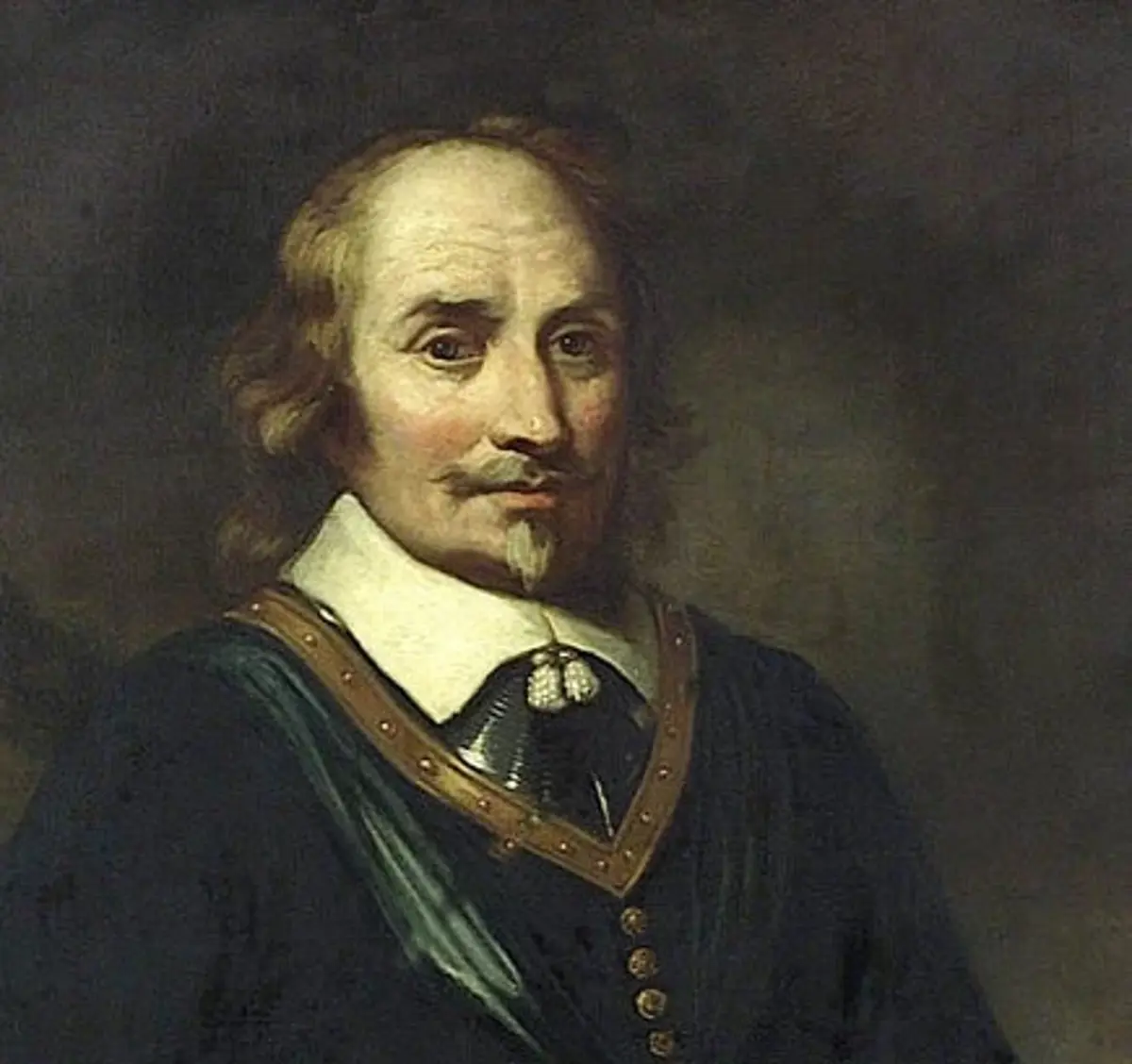
Maarten Tromp
Maarten Harpertszoon Tromp is perhaps the most notable naval hero in Dutch history. At a time of international tension and increasing world trade, he served alternately in merchant shipping and the navy. From there, he worked his way up from ship's boy to commander-in-chief.
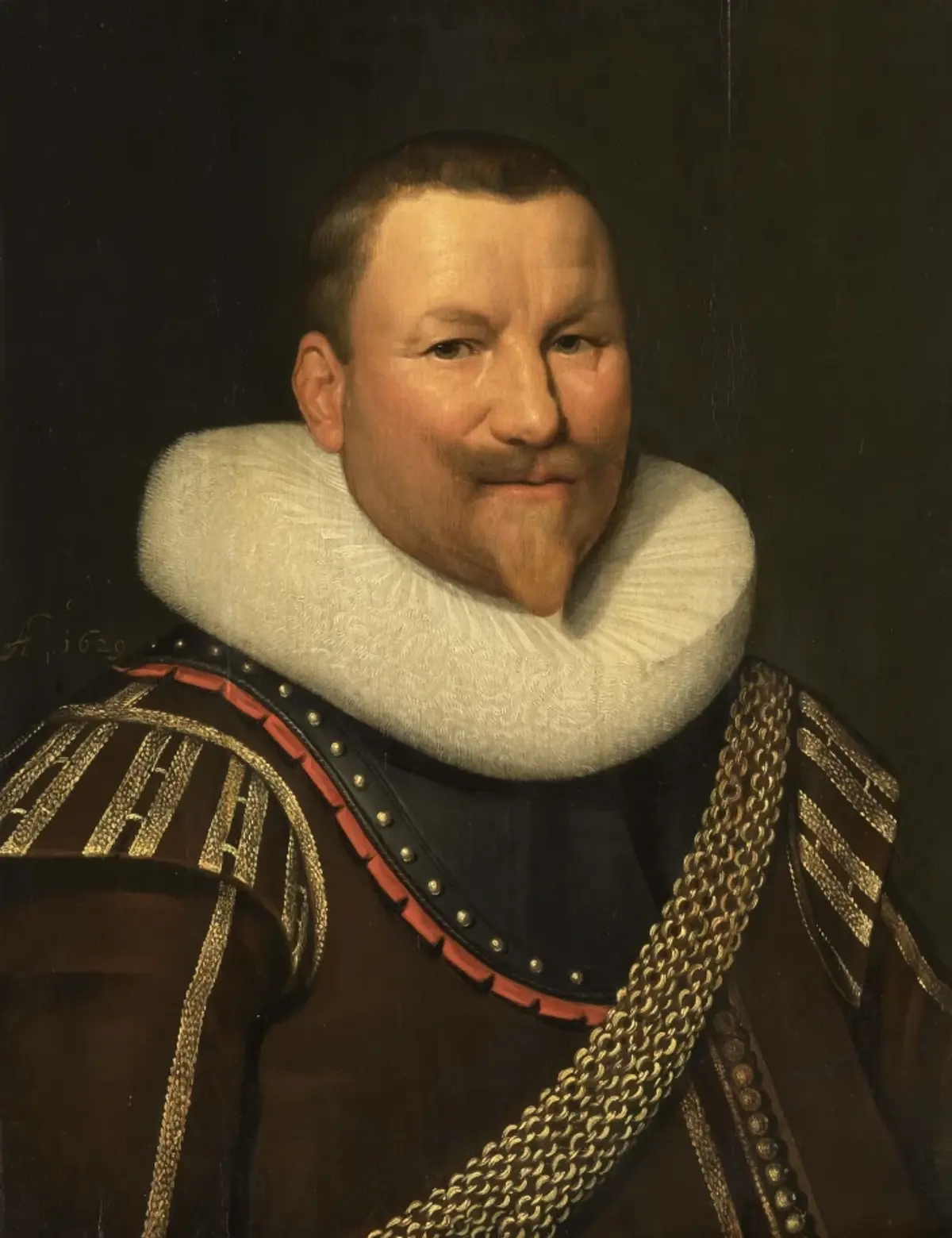
Piet Hein
'Piet Hein, his name is small, his deeds are great, his deeds are great, he has won the Silver Fleet ...' The triumphant lyrics of the famous song about Piet Hein. In 1628, he hijacked a very valuable sea transport from the Spanish ruler, making him one of Holland's most famous naval heroes.
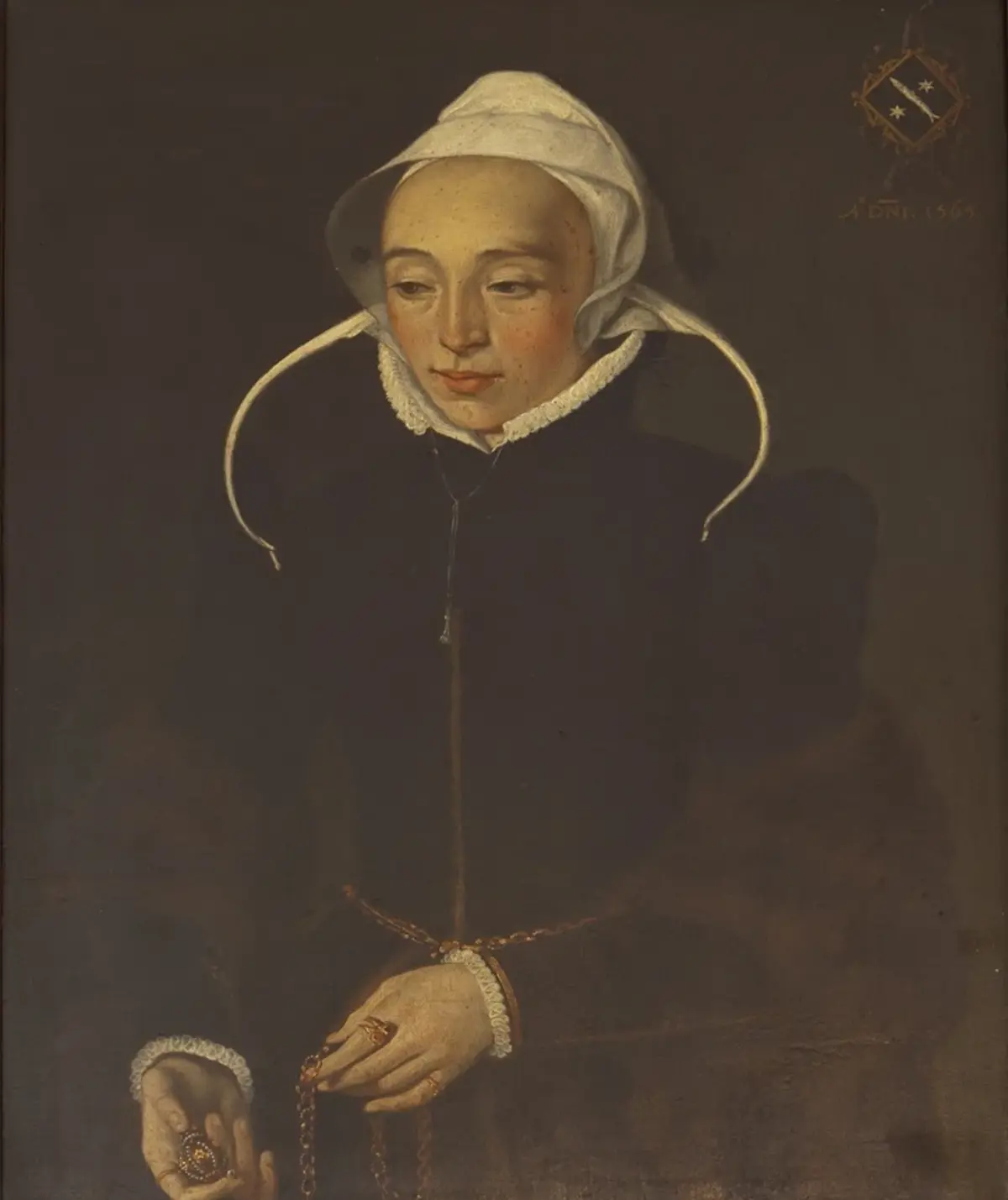
Clara van Spaerwoude
Clara van Spaerwoude is inextricably linked to Delft history. There is even a Delft street named after her. Van Spaerwoude became best known for her enormous inheritance, which she distributed in the form of wedding gifts. Until over three hundred years after her death, she used them to make many couples happy.
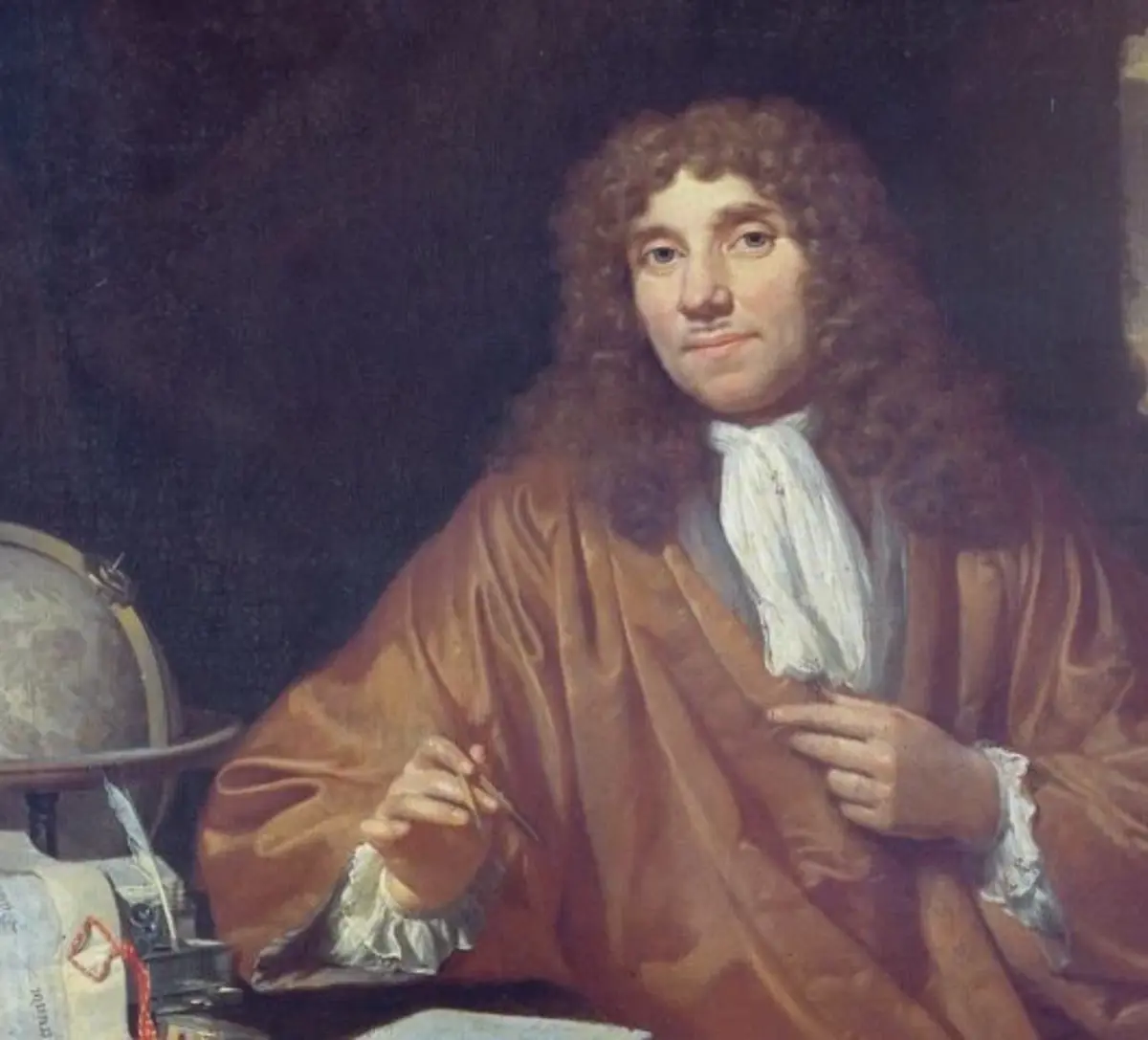
Antoni van Leeuwenhoek
Antoni van Leeuwenhoek is best known as the man who improved the microscope. However, he also made several progressive scientific discoveries. Still today, this pioneer is respected for his extraordinary achievements as an inventor and researcher.
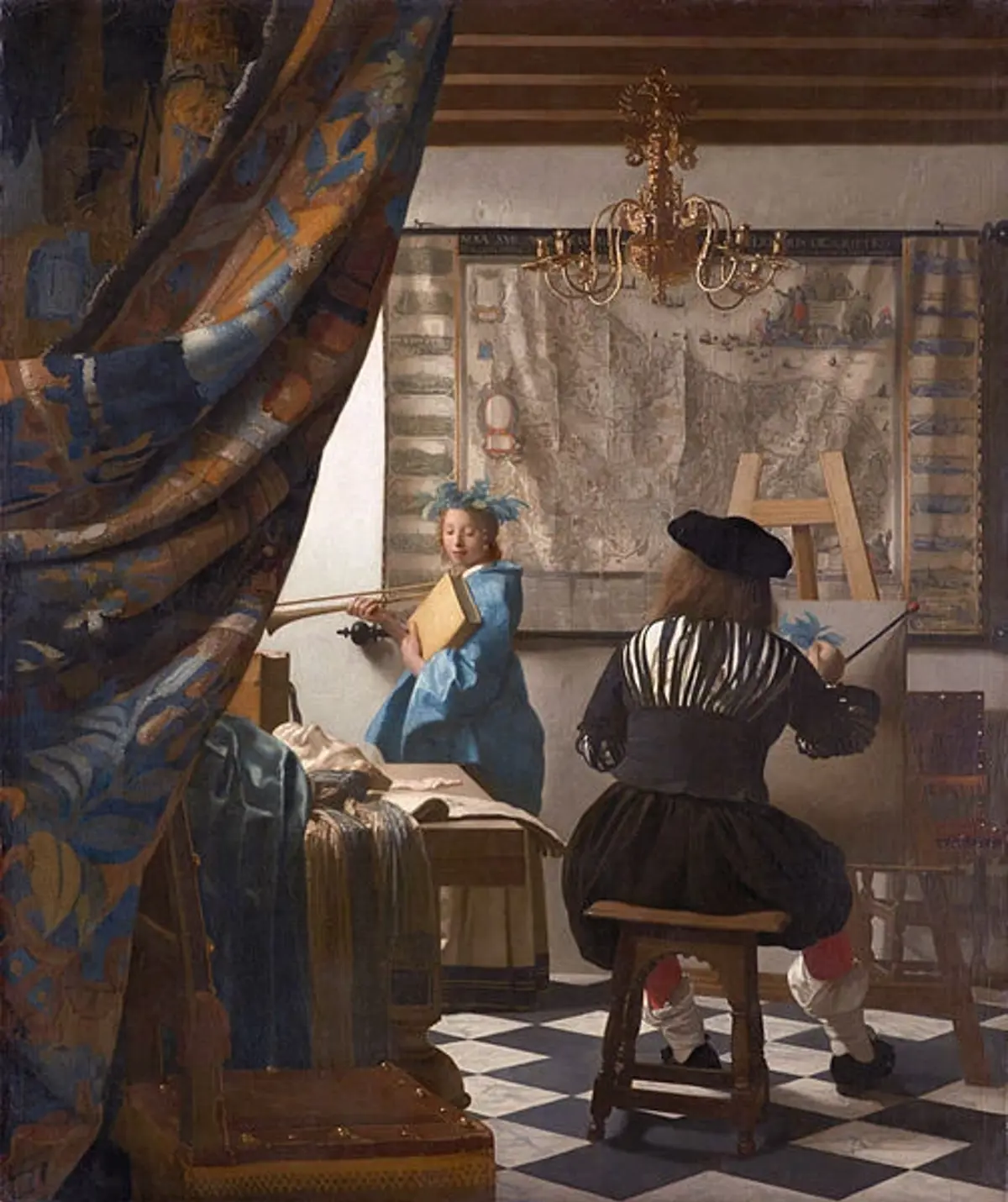
Johannes Vermeer
The 'Master of Light', 'Sphinx of Delft', or Johannes Vermeer, is perhaps the most famous painter in Dutch history. With his unique works, in which the stunning rendering of sunlight is particularly striking, this Delft native achieved international fame. However, Vermeer died as a pauper ...
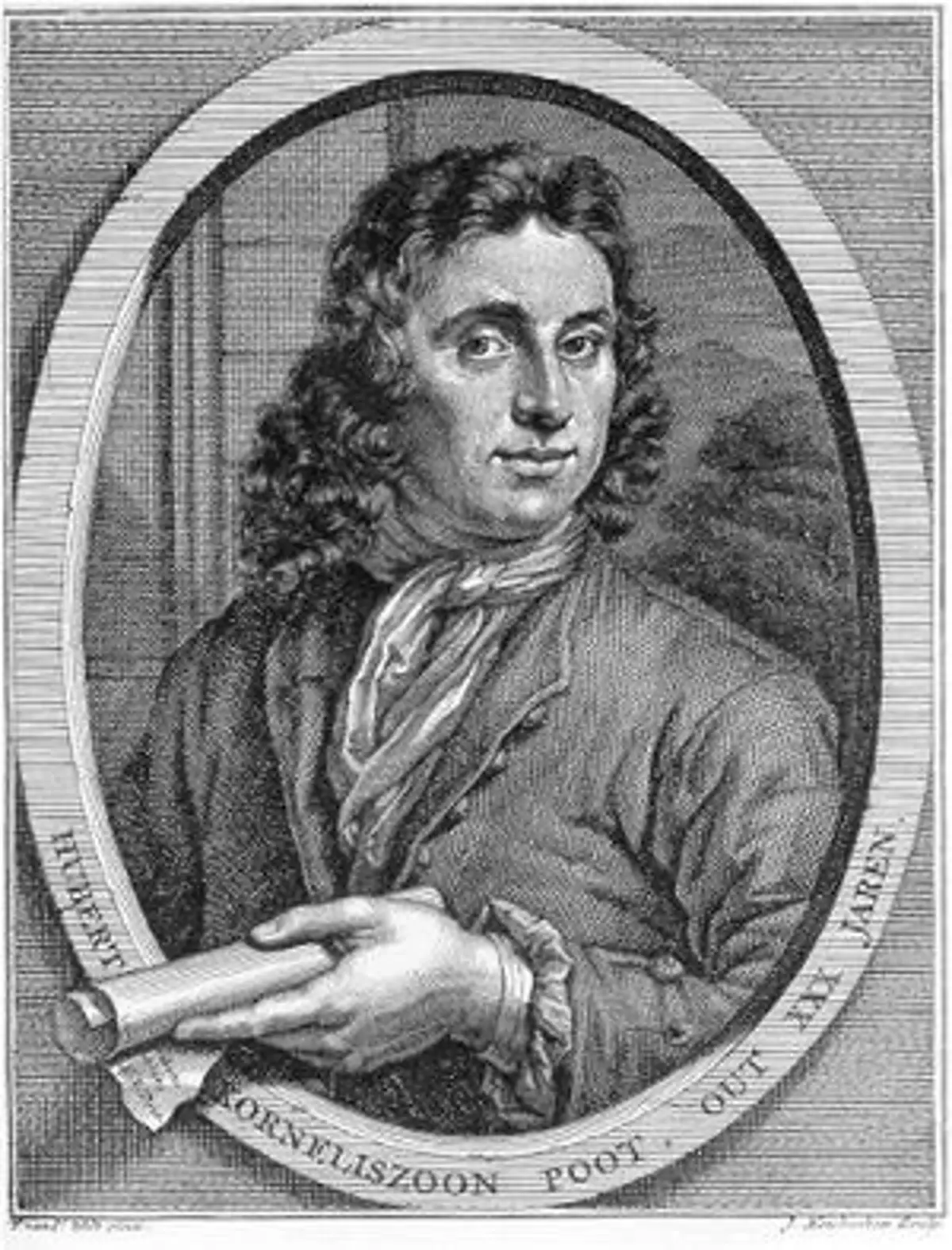
Huibert Poot
'How satisfyingly rolls the life, of the rested lanterman, who would give zyn blissful fate, however small, for no king's crown!' So reads the beginning of 'Akkerleven', by poet Hubert Korneliszoon (Huibert) Poot. Thanks in part to this poem, Poot acquired an indelible place in Dutch history.
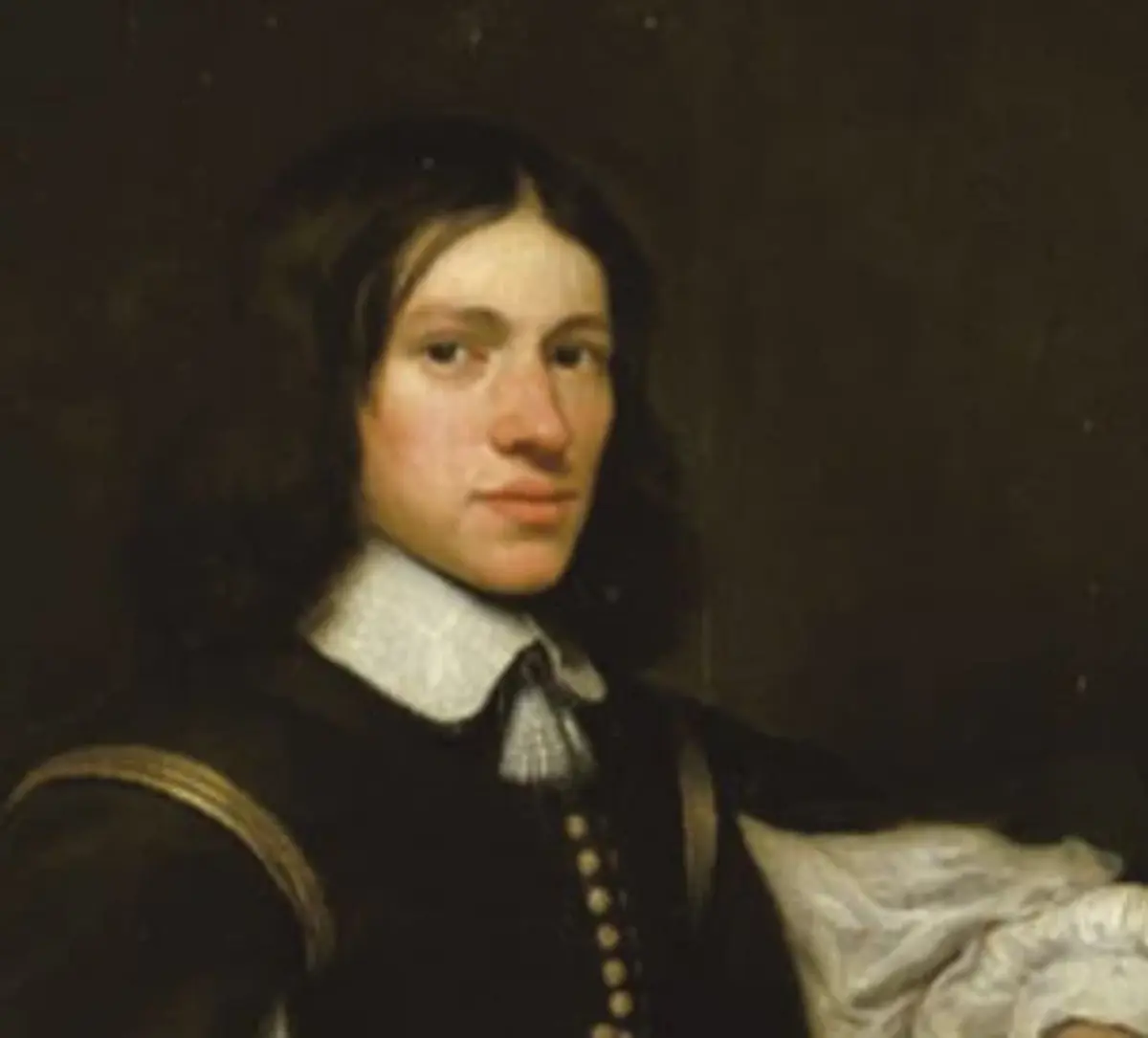
Anthonie Heinsius
Anthonie Heinsius was een uit Delft afkomstig staatsman in de tijd van stadhouder Willem III van Oranje. Begonnen als advocaat, werkte hij zich uiteindelijk op tot raadspensionaris van het gewest Holland – zij het niet helemaal vrijwillig …
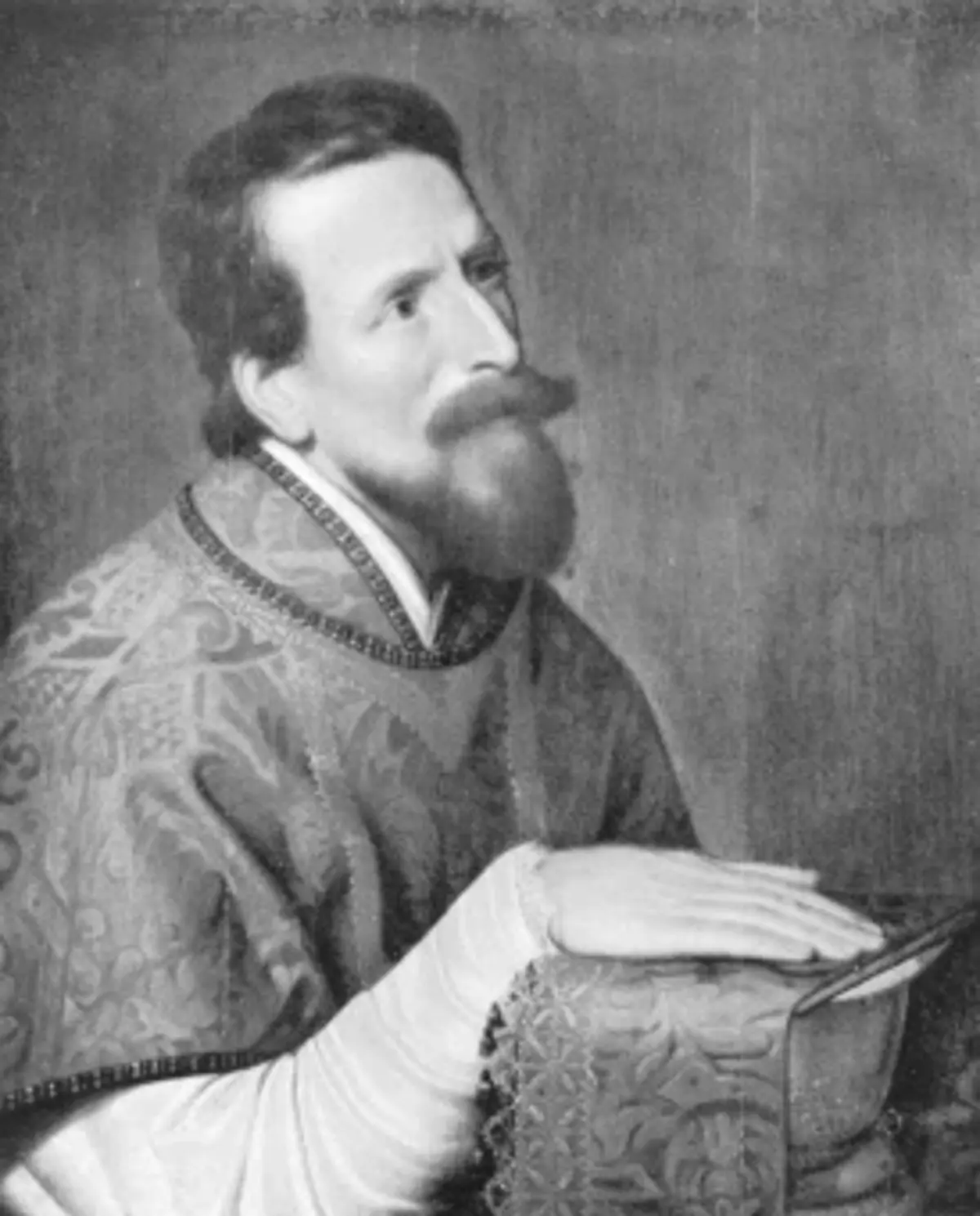
Johannes Stalpaert van der Wiele
After the Eighty Years' War (1568-1648), Protestantism became the dominant religion in the Netherlands. The Iconoclasts had violently stripped all churches of images of saints. Catholics were forced to meet in hideaway churches. Poet, lawyer and priest Johannes Stalpaert van der Wiele stood up for them.
